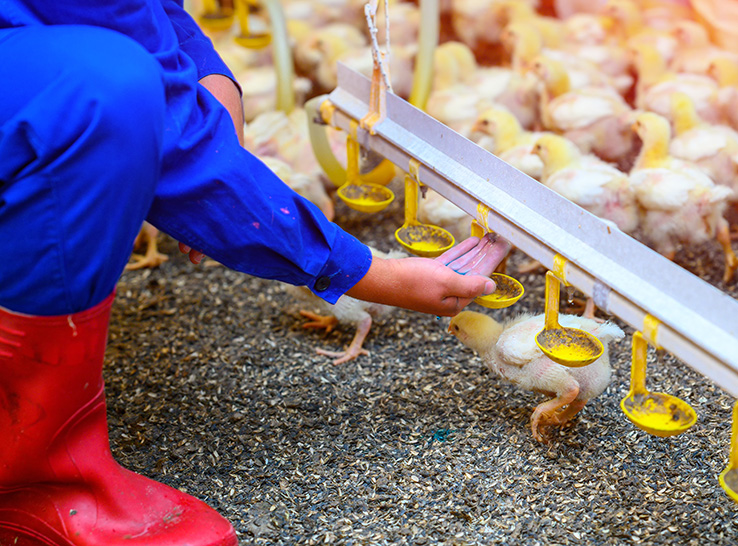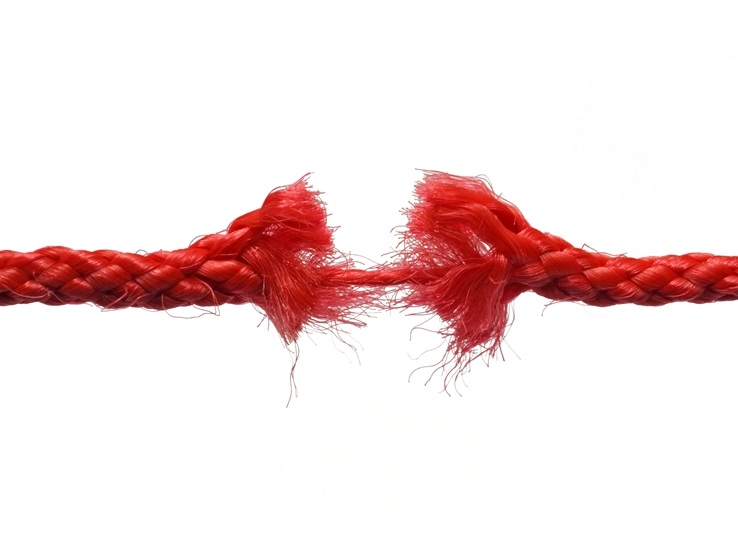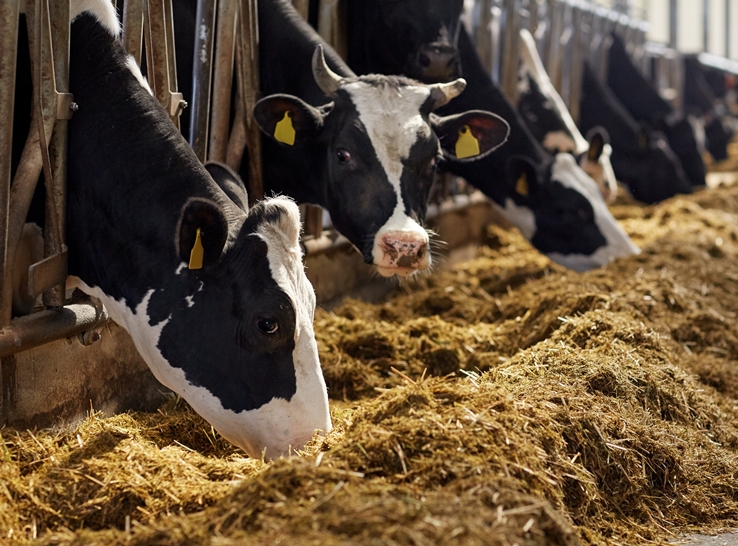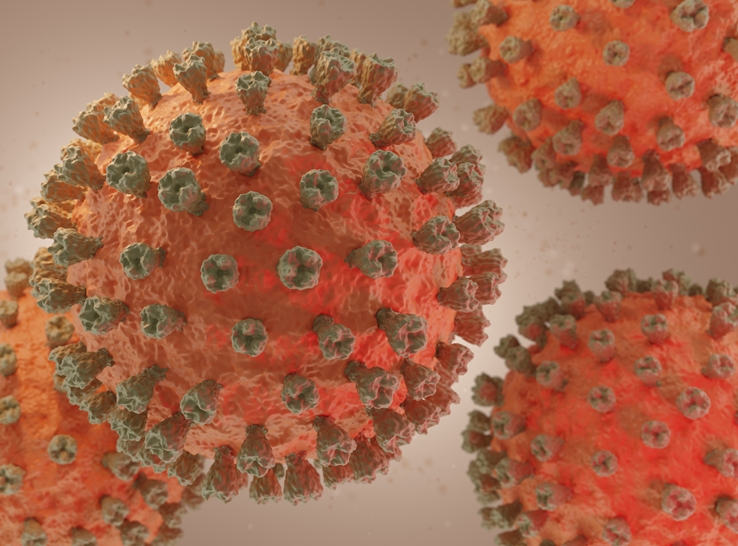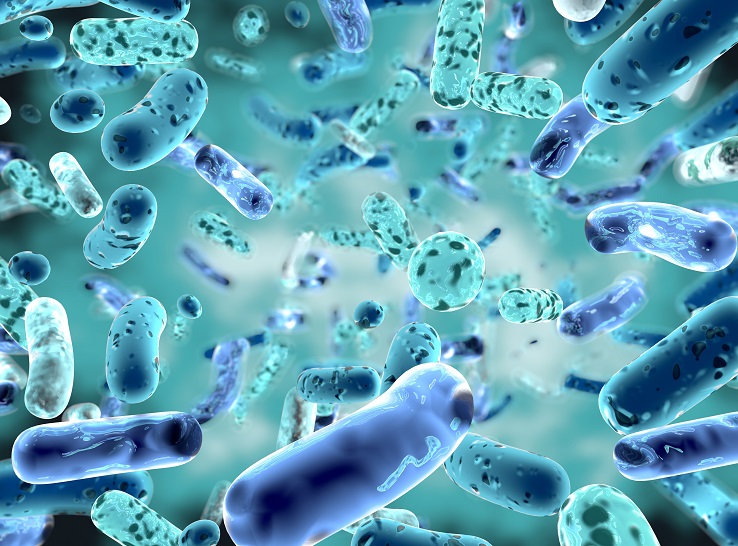Euthanizing animals can be a psychologically traumatic experience for veterinarians — and mass-depopulation events such as those associated with highly pathogenic avian influenza (HPAI) are putting the issue front of mind.
In response, there is a growing quest for a full understanding of these impacts, while professional associations are looking to take a more active supporting role.
Since the American Veterinary Medical Association (AVMA) held its first conference on humane endings in January 2024, there has been an increase in academic interest in such psychological impacts beyond those associated with veterinary professionals who work with companion animals, Michelle Kromm, DVM, from Food Forward, LLC, explained at the 2024 annual meeting of the American Association of Avian Pathologists.
“End-of-life circumstances can be complex and are often emotionally laborious and distressing. Sometimes, they occur for reasons that go against the grain of providing care and stewardship for an animal,” said Kromm, who is a member of the AVMA Working Group on the Psychological Impacts of Humane Endings.
What is known as “the caring-killing paradox” is “a common lived experience” for people working with animals in settings from laboratories to production facilities, she explained.
New resources, honest discussions
Because of these strains, the AVMA has been working to keep its three sets of guidelines on humane endings as up-to-date as possible while developing a broader toolkit for professionals.
Its Guidelines for Humane Slaughter is scheduled to be republished in 2024 with new revisions and updates, while its Guidelines for the Depopulation of Animals is actively in review and will be open for member comment later in the year. Other resources available for veterinarians include a humane-endings flow chart to help in emergency situations.
Recently, the HPAI outbreak and related mass-depopulation events have put the role of US poultry veterinarians in the spotlight. The AVMA working group has had “candid conversations” with professionals involved in such emergency events, Kromm said, hearing from those who have worked through diverse events such as the HPAI and foot-and-mouth-disease outbreaks in the US and UK, respectively; a fire at a swine facility; and a hurricane affecting a research lab in New York City.
“It is crucial to recognize that there are stressors specific to each situation and that every individual’s experience is valid,” Kromm stressed.
“Addressing the mental-health issues surrounding the decision-making process and implementation of humane-ending activities starts with a comprehensive understanding of each activity’s unique context in the veterinarian’s leadership role.”
Preparing for emotional strains
The AVMA’s humane-ending toolkit has been designed to help veterinary professionals navigate the emotional and physical impact of depopulation events, building resilience through a step-by-step process. Preparedness for the emotional impacts of unfolding events as well as practical needs is crucial, she said.
“The working group aims to balance the emotional, ethical and logical aspects of this issue, to guide our profession forward regarding humane endings, whether that involves depopulation due to HPAI or euthanasia of individual animals,” she added.
“These three aspects always need to be in our minds and help guide us to come up with the best tools and resources to enhance and enable our profession to be the best we can be.”

